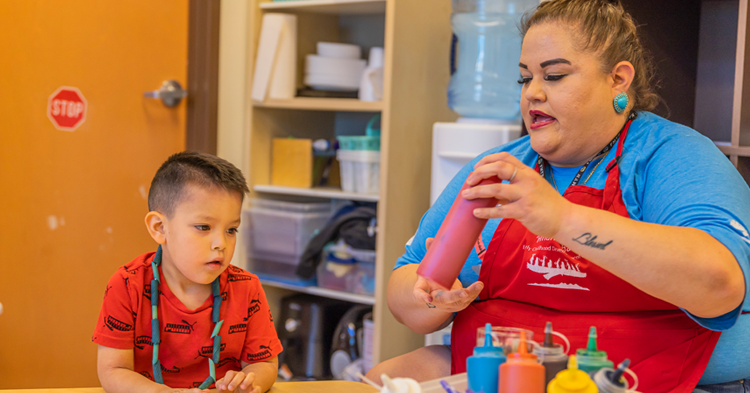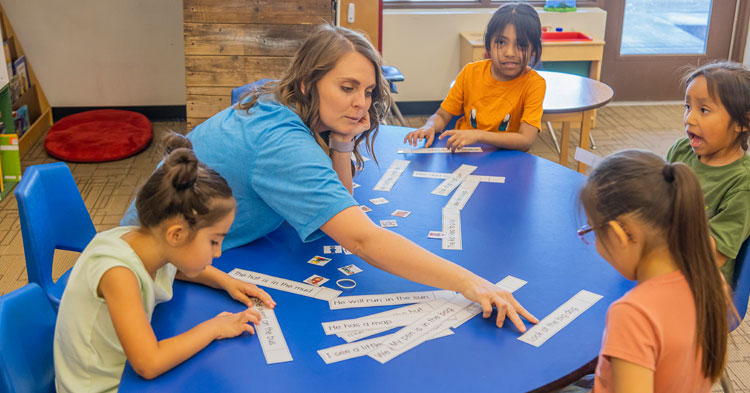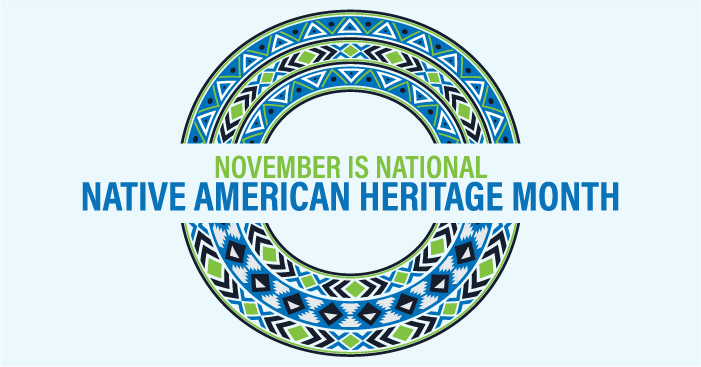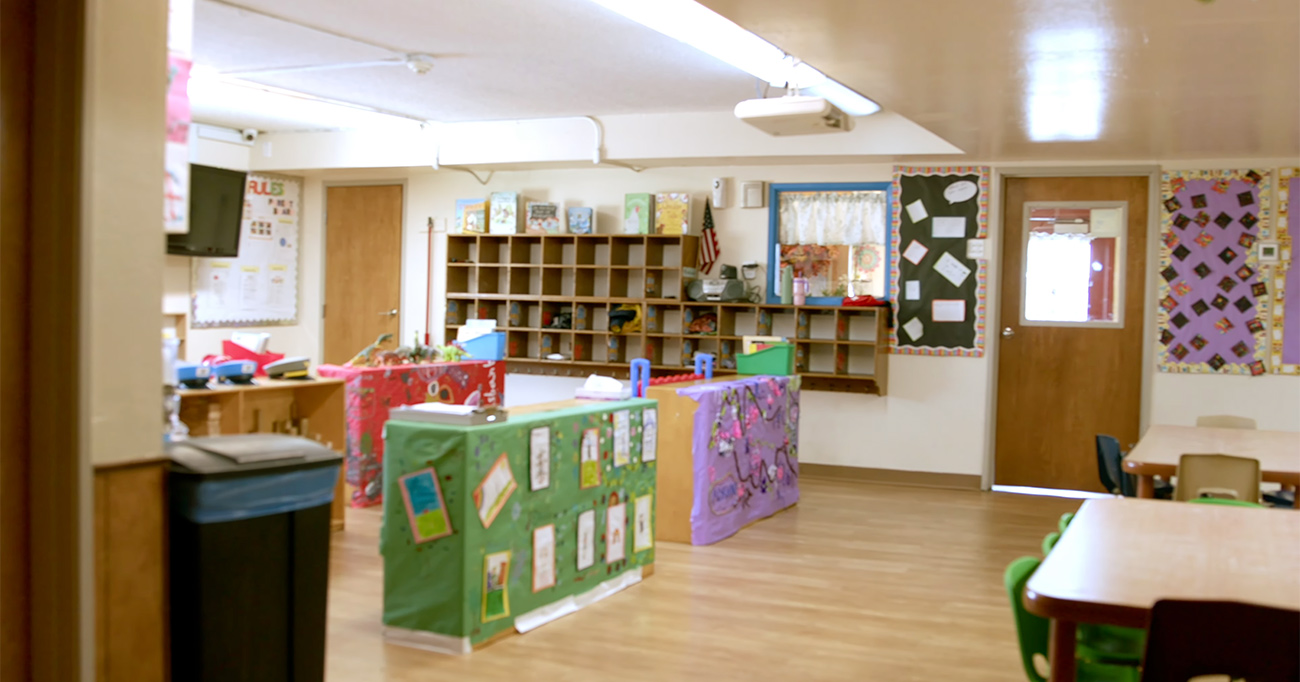
A new survey says that more than three-fourths of Arizona voters believe the state should invest more in child care assistance programs for qualifying families. The survey findings highlight the connection between accessible child care, growing Arizona’s workforce and helping families be successful.
The 2024 Arizona Voters’ Agenda is intended to ask about a range of issues and hot-button topics, said Amanda Burke, executive vice president of the Center for the Future of Arizona, the organization that conducted the survey. The recently released survey showed that 77% of all voters believe Arizona should invest more in child care.
The center, a nonpartisan think tank, recently released key findings on the views of voters regarding state spending issues as part of its 2024 Arizona Voters’ Agenda. Through nonpartisan survey research of Republican, Democratic and independent/unaffiliated voters of all ages, the Voters’ Agenda identifies what likely voters agree on and prioritize.
Child care and early childhood education tends to be a top concern for families with children, said First Things First Senior Director of Government Affairs Joe Barba. Now, more and more people are realizing that a lack of affordable and accessible child care is also affecting Arizona’s economy. Estimates show that child care challenges cost $1.7 billion annually to the Arizona economy.
“That’s always been the sentiment of the voters, everyday folks,” Barba said. “They care about child care because it is a kitchen table issue – things we feel every day and affect us directly. Are you able to pay the bills? Do you have reliable transportation to get you to and from work? Do you have access to jobs in your community? Child care is one of them.
“Your elected officials might be disconnected to what those aches are like, so it gets lost in the shuffle and child care issues get put on the backburner. The voters have always felt support for early childhood, but they haven’t been the squeakiest wheel. I hope that with this survey, folks are realizing more and more that this is what the voters want.”

The new findings demonstrate voter support for investments in key areas that can support growth, such as transportation infrastructure and child care assistance. Additionally, voters are firmly against cuts to K-12 education, public safety and healthcare in efforts to balance the state budget.
The center’s goal is to focus on areas of agreement to build a brighter future for Arizona, Burke said. The next step is for others to amplify those areas of agreements, such as the voters’ strong support for child care assistance programs.
The most recent sign of support for child care assistance programs aligns with previous CFA surveys. In 2020, the center partnered with Gallup for a second time to get a better understanding of the beliefs and values shared by Arizonans and what they want for the state’s future.
“One of the things we asked was about jobs and economic opportunity and to what extent is child care a barrier to going back to work or school,” Burke said. “What we found is that these are significant issues for many Arizonans, especially those with an annual income of less than $36,000 per year.”
According to the 2020 Gallup Arizona Survey, “27% of Arizonans with children 18 or under say the cost of child care is preventing them from going back to work or school, while 22% say the same about the limited availability of child care. These figures are higher among low-income respondents and particularly Black Arizonans, more than half of whom (54%) say the cost of child care is keeping them from going back to work or school. These represent substantial numbers of Arizonans who could be advancing their lives and contributing to the economy, were it not for the barriers they are facing in getting back into the workforce.”
For Barba, the most recent survey results are confirmation of the work he does daily to build awareness of the importance of early childhood education and child care among Arizona’s policymakers.
“This survey will help show lawmakers that this is what constituents want and these are the things we will have to represent going into the next legislative session,” Barba said. “We know the long-term yield of children who have quality early childhood education, they have better outcomes through school, they are less likely to need special education and more likely to graduate high school.”
But FTF is also focused on helping policymakers see the immediate benefits of investing in child care programs.
“If we invest now, parents will be able to pursue their own education and careers,” Barba said. “Arizona is struggling to attain a workforce and we need to look at that untapped resource. There’s an immediate yield to a child care investment because we’ll be able to get parents back into the workforce.”



